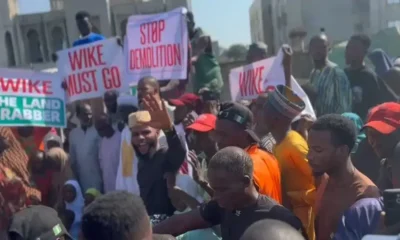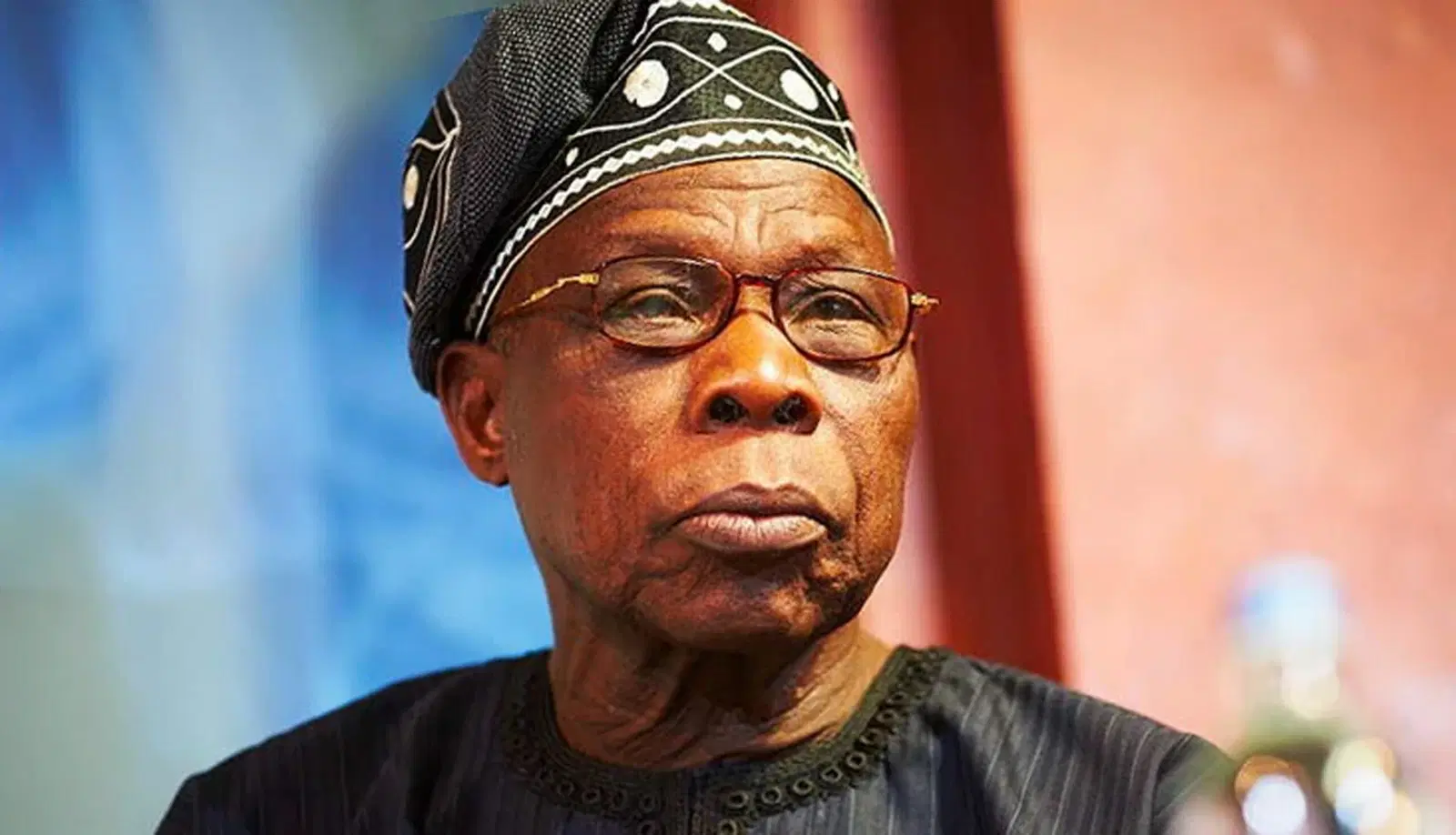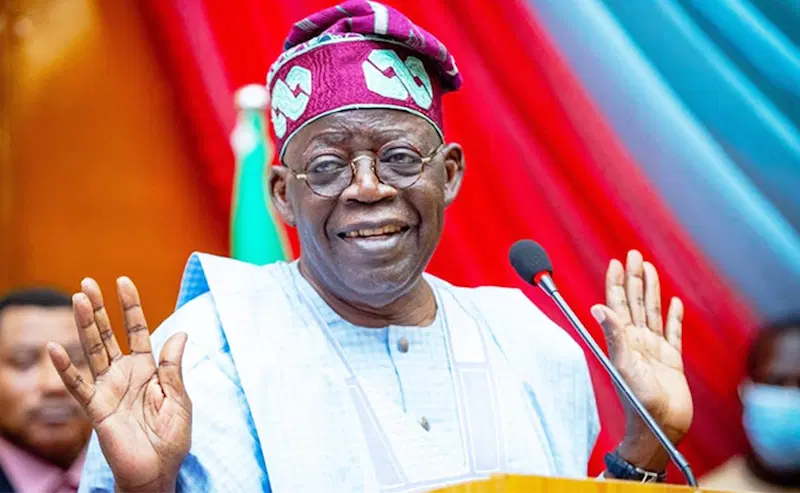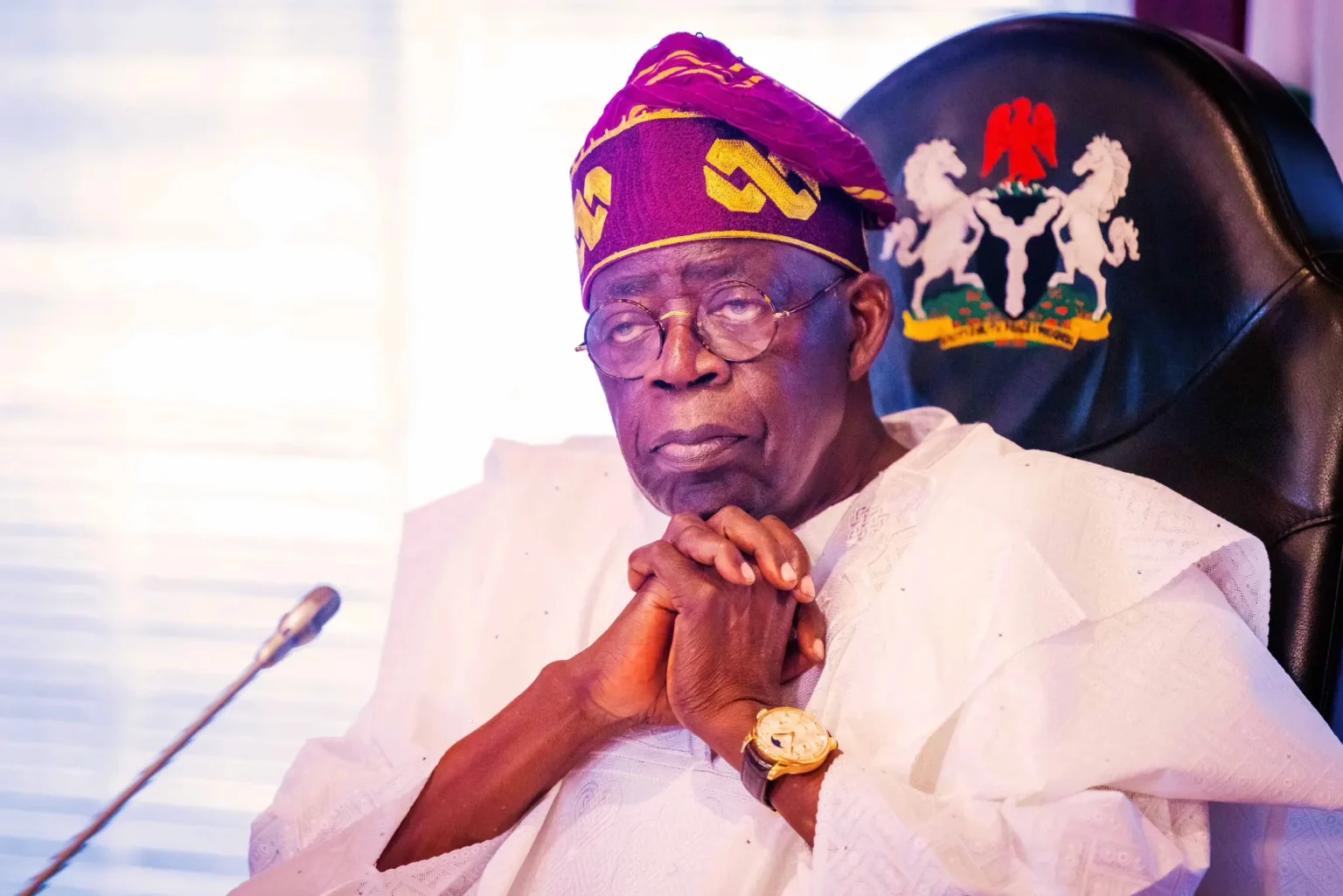News
Tinubu Files Objection To US Court Order To Release Academic Records
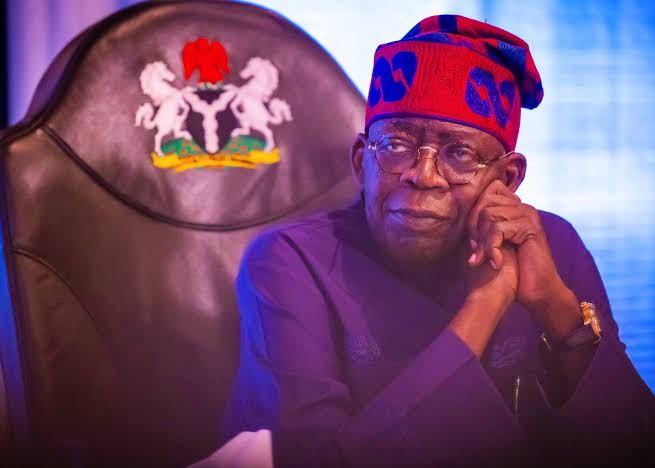
Eko Hot Blog reports that President Bola Ahmed Tinubu has filed a more detailed objection to a US court order requiring Chicago State University to release his academic records to Atiku Abubakar, his main challenger in the February 25 presidential election.
Tinubu, represented by his New York-based attorney, Oluwole Afolabi, submitted a comprehensive objection aimed at convincing the court to reverse the previous order outright.

Nigerian President- Bola Ahmed Tinubu
Tinubu’s lawyers argued that his academic records are irrelevant in Nigerian courts, as “the Nigerian election proceedings and the Nigerian courts have explicitly been unreceptive to the discovery.”
He contended that Atiku’s request “is unduly intrusive because it allows the applicant (Atiku) to conduct a fishing expedition into Intervenor’s private, confidential, and protected educational records.”
The lawyer, therefore, urged the court to set aside the previous order, saying his political opponents had previously used his illegally obtained academic records to attack him.
“The unlawful release of documents previously allowed Intervenor’s opponents to sow confusion and spread conspiracy theories,” Tinubu’s objection read in part.
Tinubu’s lawyer characterised Atiku’s application as mere “opposition research on a political opponent.”
The legal battle began when Atiku, a former vice president, filed an application on August 2, 2023, in a U.S. district court, requesting access to President Tinubu’s academic records from Chicago State University.
Atiku had, in his application, argued that, among other things, a “second Chicago State University diploma has since emerged (dated June 27, 1979) that bears the name “Bola Ahmed Tinubu” but also presents with a different font, punctuation, seal, and signatures than the June 22, 1979 diploma, among other alleged discrepancies.”
Atiku told the US that he wanted to authenticate these documents to determine whether a “Chicago State University diploma in the name of Bola Ahmed Tinubu dated June 22, 1979, that was submitted to the INEC before the Nigerian presidential election in February 2023 is genuine or was forged.”
Atiku added that “under Nigerian law, the submission of a fraudulent document to INEC would have disqualified President Tinubu from participating in the election.”
Magistrate Judge Jeffrey Gilbert, on September 19, ordered the university to release the requested documents to Atiku within two days.
In response, Tinubu’s legal team swiftly approached a district judge of the court to suspend the order to enable them to file a more elaborate challenge against it.
At an emergency hearing on Thursday, September 21, the district judge, Nancy Maldonado, agreed to delay the order compelling Chicago State University to release the academic documents of President Tinubu.
Following the approval, Tinubu, through his legal team, filed his objection on Monday.
In the objection filed on Monday, Tinubu’s legal team argued that the magistrate judge granted Atiku’s application even though the applicant was barred from attempting to use the discovery in the foreign proceeding.
“That conclusion should be rejected because the discovery cannot be ‘for use’ in the foreign proceeding due to the decision of the Nigerian Election Court, and that decision shows the Nigerian courts would not be receptive to the discovery sought by the application.
“The Magistrate gave no weight to the decision of the Nigerian Election Court, which is authoritative proof of the unreceptivity of the foreign court to the discovery sought,” the objection read in part.
They asserted that the possibility of the Nigerian Supreme Court accepting the documents was mere speculation and not “an indication that foreign courts might consider the discovery.”
In the other plank of objection, Tinubu’s team argued that while Atiku’s case at the Nigerian court only touched on “a CSU diploma”, the magistrate judge “erroneously concluded” to issue an order for the release of “other educational documents.”
They said the court erroneously held that “a foray into other documents” was permissible because “the intervenor also submitted other educational documents in a related proceeding in Nigeria.”
“The Magistrate erred in requiring compliance with two subpoenas that go far beyond the narrow issue of the diploma submitted to the INEC and finding that the education records protections were overcome by the applicant’s investigatory interests,” the objection added.
Tinubu argued that he stood to suffer harm in allowing discovery on issues and documents outside the diploma because his records “were illegally obtained previously and have been utilised to attack him”.
Click to watch our video of the week
Advertise or Publish a Story on EkoHot Blog:
Kindly contact us at [email protected]. Breaking stories should be sent to the above email and substantiated with pictorial evidence.
Citizen journalists will receive a token as data incentive.
Call or Whatsapp: 0803 561 7233, 0703 414 5611



